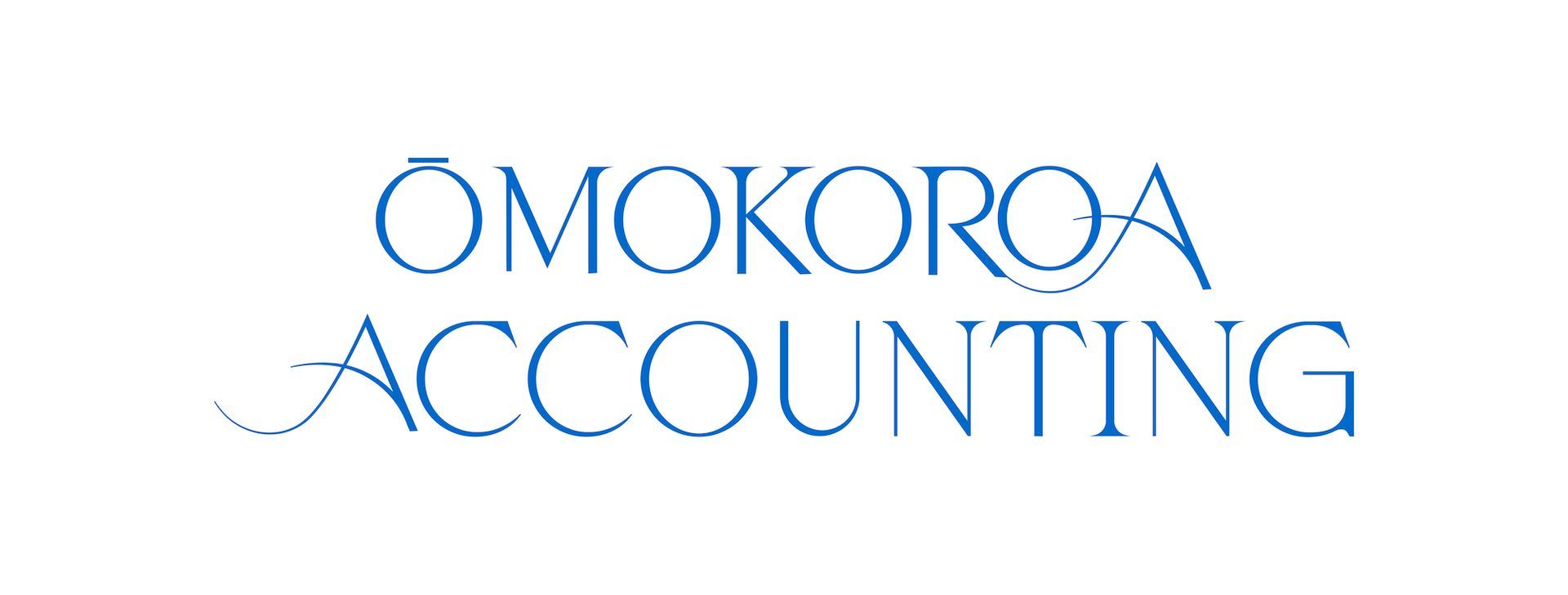The pros and cons of transferring assets to your business
As a sole trader or small business owner you may decide to use your personal assets, i.e., computer or vehicle, to meet your business equipment needs. If you use a personal asset for business use, you may decide to ‘give’ it to the business. Selling your personal assets to your business in New Zealand can have both advantages and disadvantages. Here are some pros and cons:
Pros
#1. Tax deductions
Using your personal assets for your business may help reduce your tax bill. Some advantages of doing this would be that you can claim depreciation on those assets each year as a business expense. Furthermore, if you are GST registered you will be able to claim the GST as a second-hand goods purchase.
#2. Save costs
Using your personal assets for your business, such as cars, office furniture, and computers, can free up cash that you may have otherwise spent on acquiring equipment and assets.
#3. Ease
Converting your personal assets into business assets as a sole trader or small business is simple. You just need to start using them for business use. However, if you continue to use your assets for personal use, you need to keep a record of how much time you’re using that asset for business purposes.
Cons
#1. Insurance
When converting personal assets to business assets, it is worthwhile checking to see if they will still be covered under your homeowner insurance policy. If not, you’ll want to make sure they are covered under your business insurance.
#2. Selling the business
If you stop trading and decide to sell the business, you will need to make the decision whether you sell the personal assets with the business or sell the items back to yourself at market value.
#3. The right tools
While selling your personal assets to the business might save costs initially, you’ll need to ensure the equipment is up to the task. For example, if you work in graphic design or digital marketing, you may need a more powerful computer and larger disk space to cope with the workload.
#4. Using personal money
When you’re first starting out, you may use your personal money to help fund the business. But remember that your personal money is also an asset. To simplify your accounting, you should try and keep your business and personal finances separate. By mixing personal and company funds, you can make your financial accounting more complex.
Before proceeding with a transfer of personal assets to your business, it’s best to consult with a qualified accountant or tax advisor. The team at Ōmokoroa Accounting possess the knowledge and expertise that can help you navigate this potentially complex financial situation and can provide tailored advice unique to your situation.
Have a chat with the team today!


